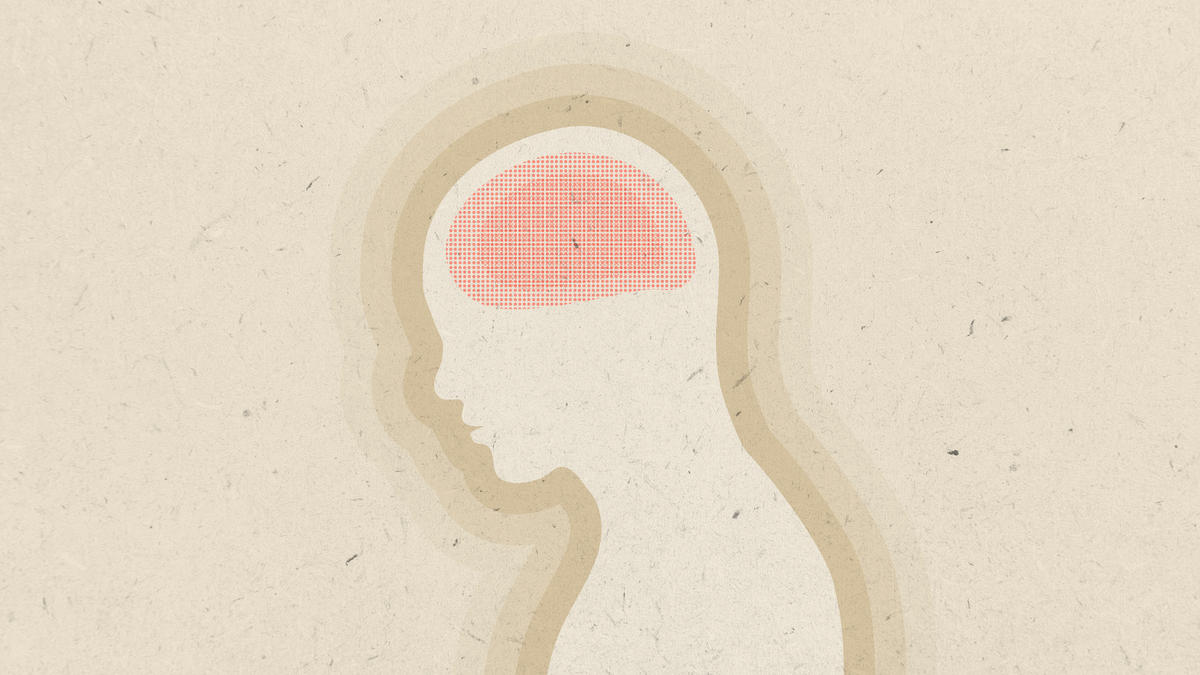Video of actor with anxiety generates both jeering and support
In other mental health conversations, advocates for MDMA-assisted therapy scorn the FDA’s refusal to approve it.

In other mental health conversations, advocates for MDMA-assisted therapy scorn the FDA’s refusal to approve it.
This past week, an X post about actor Pedro Pascal coping with anxiety generated the largest spike in online conversation about mental health and revealed persistent stigma toward men who experience mental health challenges as well as support. And after the FDA declined to approve MDMA, commonly known as “ecstasy,” as a treatment for post-traumatic stress disorder, another X post generated discussion about the need for more PTSD treatments.
Conversations that stigmatized Pascal for having anxiety show a need for mental health resources for men. Given the recent push for MDMA-assisted therapy for PTSD, the public may have questions about PTSD, as well as what PTSD treatment options are approved and available now.

Insights brought to you by the reporters and science writers of Public Good News (PGN), a nonprofit newsroom dedicated to improving community health.
What’s trending nationally in conversations about mental health
On August 16, a video of actor Pedro Pascal holding the hand of a female costar at San Diego Comic-Con reemerged on X, sparking conversation about the actor, who has previously spoken openly about his experience with anxiety and said that physical touch helps him. Several X posts accused Pascal of making a sexual advance toward the actress by reaching for her hand. Many said that if he needed to hold her hand due to anxiety, then Pascal should “man up.” A post showing support for Pascal read, “This is a friend understanding a signal & comforting someone” and stated that men’s mental health “is not a joke.” That post received approximately 2.1 million views, 94,000 likes, 8,000 reposts, and 470 comments as of August 20. In the comments, some X users continued to claim that Pascal should “toughen up,” while others expressed dismay that some men feel ashamed about seeking mental health support.
On August 9, the FDA declined to approve MDMA-assisted therapy for PTSD, citing insufficient evidence that it’s effective. The decision was covered in several news articles in which some psychedelic therapy advocates said it will lead to unnecessary suffering and more PTSD-related suicides. A politician with 3.2 million followers shared the news on X and claimed that the FDA did not approve MDMA-assisted therapy because that would threaten the pharmaceutical industry. He also said the decision will have “deadly consequences” for young adults at risk of suicide. His post received approximately 809,100 views, 18,000 likes, 3,400 reposts, and 780 comments as of August 21.

Recommendations brought to you by the health communication experts behind Infodemiology.com.
Recommendations for public health professionals
Each week, the Infodemiology.com team will provide messaging recommendations in response to some of the trending narratives outlined above. These helpful tips can be used when creating content, updating web and FAQ pages, and developing strategy for messaging about mental health.
Although online conversations about mental health show both positive and negative reactions, continued stigma, particularly toward men, demonstrates a need for additional messaging. Communicators may share materials outlining signs of mental health conditions in men and warning signs of suicide. Recirculating mental health resources—such as support groups, hotlines, local mental health centers, and websites where people can search for local therapists who specialize in men’s issues—is recommended. Communicators may also recirculate tips for coping with anxiety. Explaining that mental health conditions are real medical conditions that can be treated is also recommended.
Discussions about MDMA-assisted therapy for PTSD may prompt questions about PTSD and approved treatments. Sharing the symptoms of PTSD, medications that are approved to treat it, and types of therapy that are recommended for people with PTSD is recommended.
